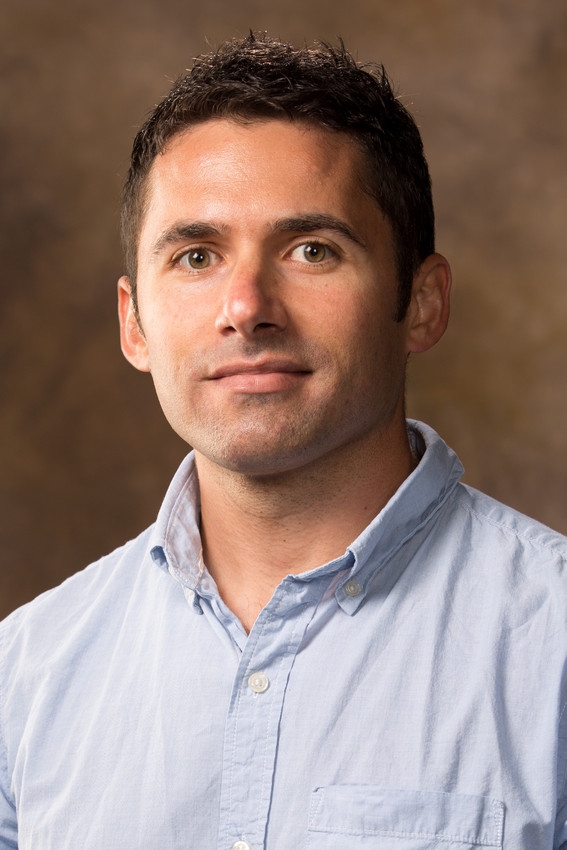FAYETTEVILLE, Ark. – Researchers studying the impact of extreme climate conditions on biodiversity found a “tipping point” at which species, under pressure from dwindling food supplies due to climate change, must either evolve to take advantage of different food supplies or face extinction.
Adam Siepielski, an assistant professor in the Department of Biological Sciences at the University of Arkansas, and Seth Haney, a postdoctoral researcher at the University of California, San Diego, created a computer model to test how events like drought, flooding and heat waves affect adaptive evolution.
“There is the perception, and ample evidence, that extreme events seem to be increasing — things like heat waves, drought, heavy rain, etc.,” Siepielski said. “What are the consequences of those events for how organisms might adapt and the resulting abundances of species?”
Their study used a mathematical model and variables including density of competitors for a resource, how fast competitors consumed the resource, how quickly the resource replenished itself, and the abundance of the resource. They ran tests to determine how a theoretical species would respond to such changes.
The researchers found that moderate changes in resource abundance had little effect on the evolution of traits among competitors for a single resource. But when resource scarcity became extreme, for example during an extended drought, species were forced to develop new traits. The newly developed traits remained even when the scarcity was reversed, resulting in permanent changes.
“There is a threshold level where if you lower resources a tiny bit more, it causes the population to diverge and then evolve to use the other distinct resource,” Siepielski said.
Their results were published in May in the journal The American Naturalist.
About the J. William Fulbright College of Arts and Sciences: Fulbright College is the largest and most academically diverse unit on campus with 19 departments and more than 30 academic programs and research centers. The college provides the core curriculum for all University of Arkansas students and is named for J. William Fulbright, former university president and longtime U.S. senator.
About the University of Arkansas: The University of Arkansas provides an internationally competitive education for undergraduate and graduate students in more than 200 academic programs. The university contributes new knowledge, economic development, basic and applied research, and creative activity while also providing service to academic and professional disciplines. The Carnegie Foundation classifies the University of Arkansas among only 2 percent of universities in America that have the highest level of research activity. U.S. News & World Report ranks the University of Arkansas among its top American public research universities. Founded in 1871, the University of Arkansas comprises 10 colleges and schools and maintains a low student-to-faculty ratio that promotes personal attention and close mentoring.
Contacts
Adam Siepielski, Assistant Professor of Biological Sciences
J. William Fulbright College of Arts and Sciences
479-575-6357, amsiepie@uark.edu
Bob Whitby, feature writer
University Relations
479-575-4737,
whitby@uark.edu
